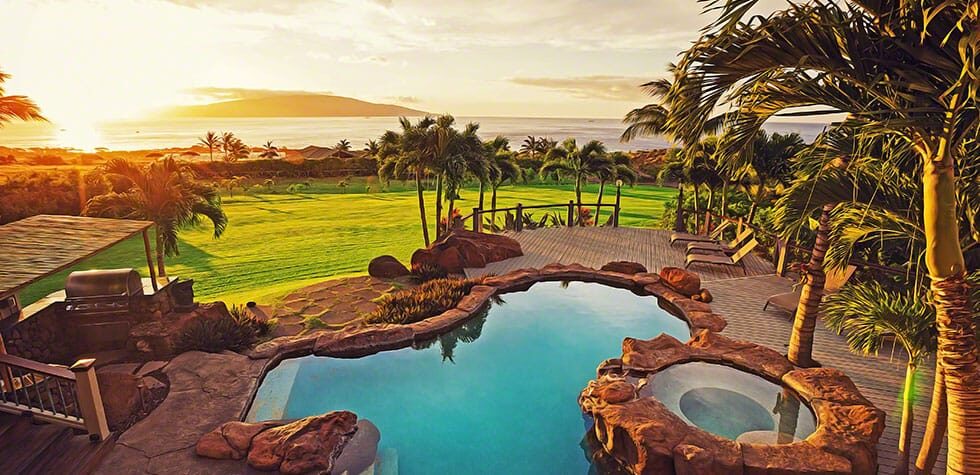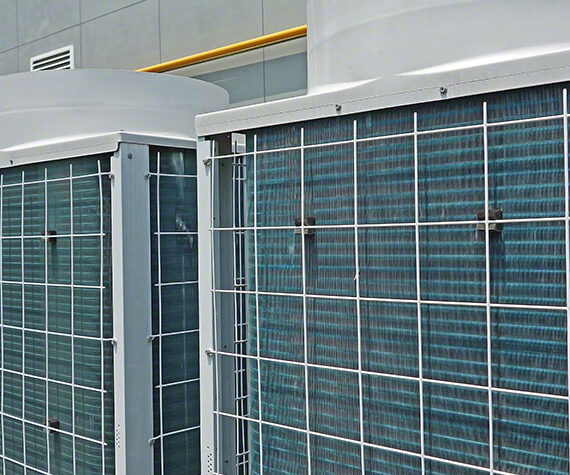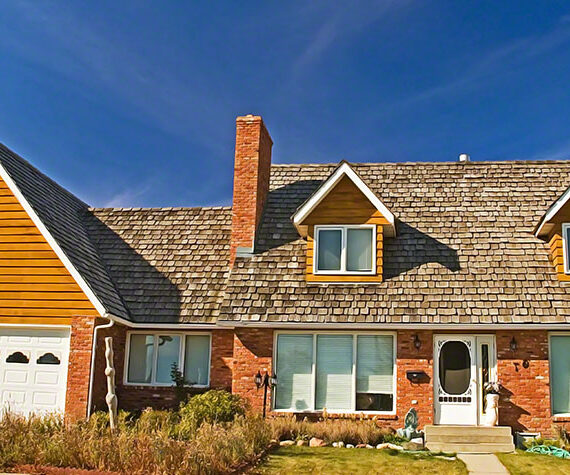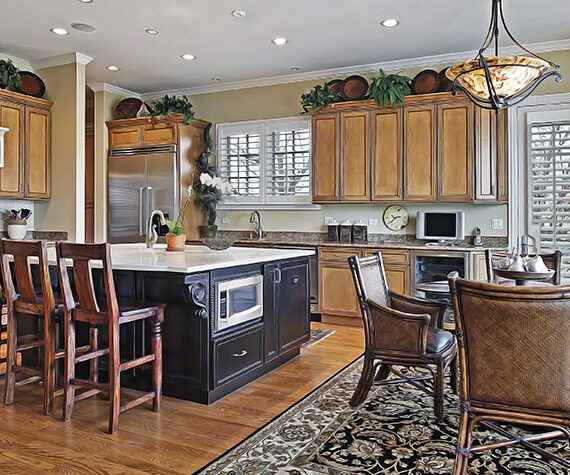Natural pools are the latest trend in swimming pool construction. These pools as the term suggests are natural and do not require chemicals to remain contaminant-free. What do they use? These pools use perennial plants and water flora. Considering their popularity, some homeowners are still skeptical about the concept and want to know more before committing and contacting swimming pool builders. So, if you are planning to build a natural swimming pool, follow this blog.
How Natural Swimming Pools Work?
Generally, swimming pools are kept clean using chlorine. You might have come across experts performing professional maintenance now and then to keep the water clean. But, in the case of natural swimming pools, filters and moving water do all the heavy lifting. Plus, natural pools are made using membranes or walls that help keep the soil and silt at bay.
This prevents the water from getting dirty and staining the pool walls. In the long run, you do not have to call the experts to regularly clean the pool, which saves you time and money. The filters used in natural swimming pools are biological. These are not man-made filters.
Biological filters serve as filters by promoting the growth of good bacteria to eliminate algae and bad bacteria. Furthermore, these pools come with a regeneration zone that is built adjacent to the primary swimming area. Using pumps, the water is pumped and circulated through the natural filters that absorb phosphates.
Since the water is always running, the chances of growth of unwanted organic material are close to zero. In warmer climates, natural filters can be installed in the pool itself which will assist with the filtration process and improve the aesthetic appeal of the pool.
What Are The Benefits Of A Natural Swimming Pool?
Natural pools are a blessing or gift for those who love natural items in their surroundings. In most cases, regular pools are made to mimic the theme of the house. In the case of natural swimming pools, there is no need to opt for expensive or luxurious tiles and accessories to make them stand out.
The best thing about these pools is they can easily adapt to any type of environment without having to put in much effort to forcefully blend them in. Natural pools like regular pools come in a variety of shapes and sizes to resemble or achieve the look of a pond or lake.
Natural swimming pools are built using materials such as stone, rock, or concrete. Unlike regular pools, you do not have to empty and clean the natural pools in different seasons. Plus, in cold climates, the pools can be used as ice rinks. Alternatively, during the summer season, homeowners can install solar or other systems to make swimming comfortable.
Another noteworthy advantage of swimming pools is they deter pests and intruders. While regular pools are regularly visited by uninvited guests, you might think natural pools are the same in that respect. Even though natural pools might attract some animals, they do not last for long.
This is because they will not be able to find any food source in the pool as the water is in running motion.
What To Consider When Building A Natural Swimming Pool?
Building a natural swimming pool might seem easy but it isn’t. The ultimate goal you need to achieve is the natural aspect and practicality of the pool, which can only be done if you hire a good team of experts. While searching for the right team, you need to choose one that has experience building natural pools.
Experts who build regular pools don’t need to be able to build natural pools as well. It’s like many deck builders don’t build patios and many patio contractors Long Island don’t build decks.
Furthermore, you need to set a budget. You can do this by clearly stating your needs. As mentioned earlier, natural swimming pools can be of different shapes and sizes. This means you can add a lot of things to the pool, but in some cases, might also end up wasting money.
On the other hand, you need to consider the amount of space available and the condition of the soil. Depending on the condition of the soil and the selected location of the pool, the contractor might decide to fix the foundation first which will add to the labor and costs.
Which Materials Are Used?
Furthermore, you will also have to consider the materials you need to use for the pool. Concrete is the most common material used for pool. Moreover, stones and rocks are employed for creating the natural-looking appearance. Fiberglass is not used for natural pools.
What Plants To Use In A Natural Swimming Pool?
When it comes to choosing plants for your natural swimming pool, you can pick from three main categories i.e. emergent, deep-water rooted, and floating plants. Some of the most common plants used in natural swimming pools are water lilies, reeds, cattails, hibiscus, etc. However, these plants might be threatening to kids and pets.
What Is The Cost And Maintenance Of A Natural Swimming Pool?
Natural swimming pools are costlier than regular pools. This is mostly due to the additional construction costs but up-front costs are lowered with low-maintenance and less use of chemicals over time. The natural swimming pools rely on their natural filtration systems that are not costly to replace either.
However, in the case of traditional pools, homeowners have to spend thousands of dollars on professional maintenance, let alone expensive chemicals to keep them clean. On top of that, chemicals are harmful to the environment as well. Exposing your kids and pets to water with chemicals can lead to skin irritation and other chronic problems as well.
What Shape Should I Go For?
The shape of your natural swimming pool depends on the area and the amount of space available. You might have a specific design in mind but that won’t work upon consultation with the expert. However, natural swimming pools are mostly found in round or kidney shapes.
This is why you need to set your needs and preferences and communicate with the expert. The expert having inspected the area will suggest the best design and shape. Keep in mind effective space utilization is a complicated process as well and not many can pull off the task.
The last thing you would do is the pool looking out of shape with very little to no area to relax or walk around it. Hiring an expert will add to the cost but will make your investment worth it. If you plan on selling the property in the future, you will be able to negotiate a better price for it.
And, if your kids and pets intend to take a swim too, make sure you do not go too deep and prevent access to the plants that can be poisonous.
Conclusion
Ultimately, building a natural swimming pool requires a sufficient amount of time and effort. You will need to pick the right pool contractor Long Island and decide what you want. Pick the right materials and plants to ensure you do not need maintenance and replacement for some time. This helps reduce the amount of manual effort and the spending required to keep the pool looking in a brand-new condition.



